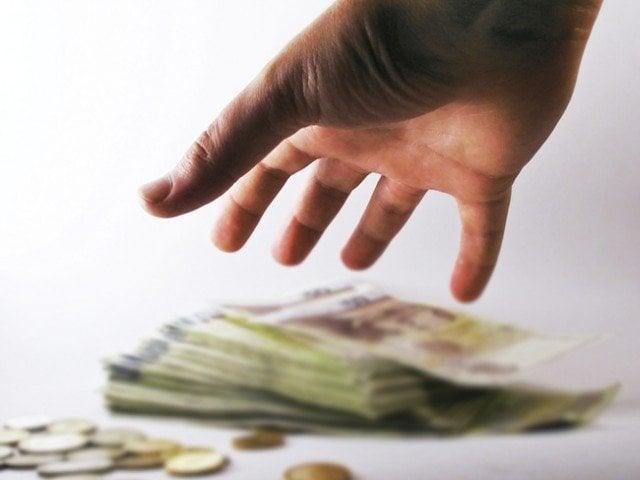The Pakistani are paying more than £ 1.7 billion ($ 2.19 billion) in Zakat annually, with the vast majority of beneficiaries as women, according to a study published this week by researchers from the International Tax and Development Center based in the United Kingdom (ICTD) and the University of LaHore management sciences.
Zakat is a mandatory alms form in Islam and one of its five central pillars. It requires that Muslims who comply with a certain wealth threshold donate a fixed portion, generally 2.5 percent of their savings and assets annually, to those in need.
The results of the study are based on a 2024 survey of 7,500 Pakistani Sunnas, which shed new light on Zakat’s scale and social role, according to a shared publication on the Ticd website.
“In a recently published information sheet, we estimate that Sunnas self -identified in Pakistan pay more than RS619 billion (GBP 1.7 billion) in Zakat annually,” the study authors wrote. “In 2024, the average Zakat giver paid around RS15,000 (around GBP 43) with more than 50 million Pakistanis contributing.”
“Our data suggests that every year, more money is distributed to people in need in Pakistan through Zakat than through the cash transfer program led by the largest state, Benazir’s income support program,” they added.
Benazir’s entry support program (BISP) of Pakistan has a 2024/2025 budget of RS598.7 billion ($ 2.16 billion), while Zakat’s contributions, largely not regulated and disbursed directly by people, exceed that amount.
According to the study, the Federal Special Taxes duty and even the official development aid received by Pakistan in recent years, below Zakat’s annual totals.
The investigation also reveals that the Official Fund of Zakat of Pakistan, established in the 1980s for the mandatory and disbursed collection through advice designated by the State, plays an insignificant role.
“Most Pakistani prefer to avoid the state fund, not surprising in a context where individuals have little confidence in government,” said the authors. “The National State Fund collects only a fifteenth of what we estimate that it will contribute annually, while respondents overwhelmingly indicated that they prefer to administer their own donations from Zakat. In our survey, we find that less than 2 percent of Zakat donors are going through the state fund.”
The study said that most Zakat are delivered directly to people, or through mosques, schools and, to a lesser extent, NGOs, without going through formal state channels.
More than half of the respondents reported that they gave Zakat exclusively to female receptors, with a particular preference for widows, which were perceived as especially economically vulnerable.
The study highlights that private religious donations are filling critical welfare gaps in Pakistan, particularly for marginalized groups, in the absence of robust state social protection systems.




